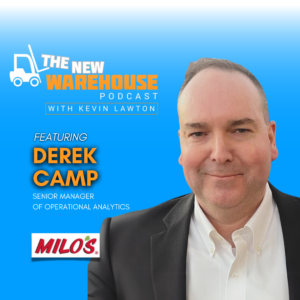
Episode 534: Mastering Analytics in logistics with Milo’s Tea Company
Today’s episode of The New Warehouse Podcast dives into the topic of analytics in logistics with Derek Camp, Senior Manager

Today’s episode of The New Warehouse Podcast dives into the topic of analytics in logistics with Derek Camp, Senior Manager
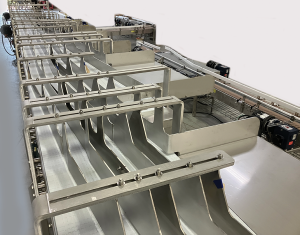
Multiple lanes, multiple flavors. Wow. Multi-Conveyor recently built a series of stainless steel-constructed conveyors to transport cans or bottles to

Located in Mississauga, Ontario, the new Swisslog office is the latest step in the company’s accelerated growth in the Americas
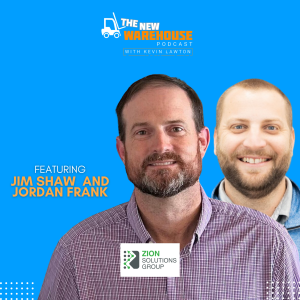
Welcome to this episode of The New Warehouse Podcast, where we dive into the impact of humanoids in warehousing with

AutoScheduler.AI, an innovative Warehouse Orchestration Platform and WMS accelerator, announces that. He will replace Stephen Zujkowski, who is retiring. Ian

In this episode of The New Warehouse Podcast, we dive into tech-driven logistics with Jonathan Salama, co-founder and CEO of
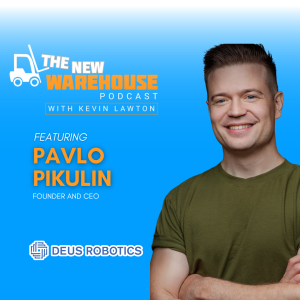
The New Warehouse Podcast welcomes Pavlo Pikulin, Founder and CEO of Deus Robotics, to discuss his passion for robotics. Pavlo’s
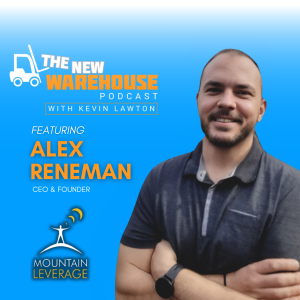
In this episode of The New Warehouse Podcast, our guest is Alex Reneman, a fellow podcaster, president, CEO, and founder of
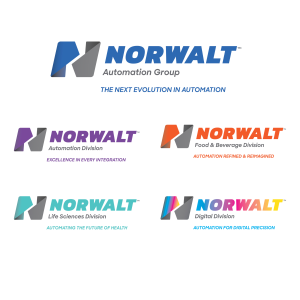
New divisions strategically align company to better suit target markets in the automation space. Norwalt has announced the launch of
In today’s material handling environment, warehouses are driven by the need for speed and accuracy. At the same time, finding

Every warehouse is on a mission to improve, trying to be a little better every year. But let’s be honest—the
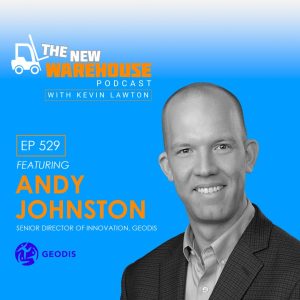
Welcome to this episode of The New Warehouse Podcast, where our guest is Andy Johnston, Senior Director of Innovation at

In this episode of The New Warehouse Podcast, Ajoy Krishnamoorthy, CEO of Cin7, discusses how their platform transforms operations by
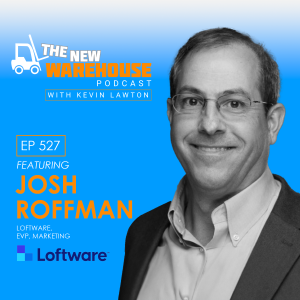
In this episode of The New Warehouse Podcast, Josh Roffman, EVP of Marketing at Loftware, explores the pivotal role labeling

In this episode of The New Warehouse Podcast, Danny Glass, co-founder of Cellaware Technologies, explores the innovative ways artificial intelligence

Today, The New Warehouse Podcast welcomes Casey Winans, founder and CEO of Fullstride, a seasoned expert in warehouse management systems
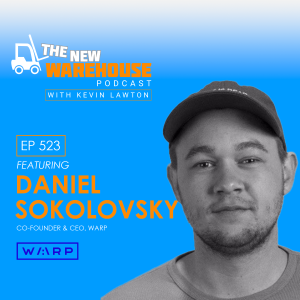
Welcome to this episode of The New Warehouse Podcast, where we dive into LTL freight. We’re joined by Daniel Sokolovsky,

In this episode of The New Warehouse Podcast, Kevin sits down with Nicole Allison, Regional Sales Manager at Geek+. They

Industrial SalesLeads released the August 2024 results for the new planned capital project spending report for the Industrial Manufacturing industry.

Another year-end is approaching. But I’m not sure what to expect for next year. Before we do anything further, I